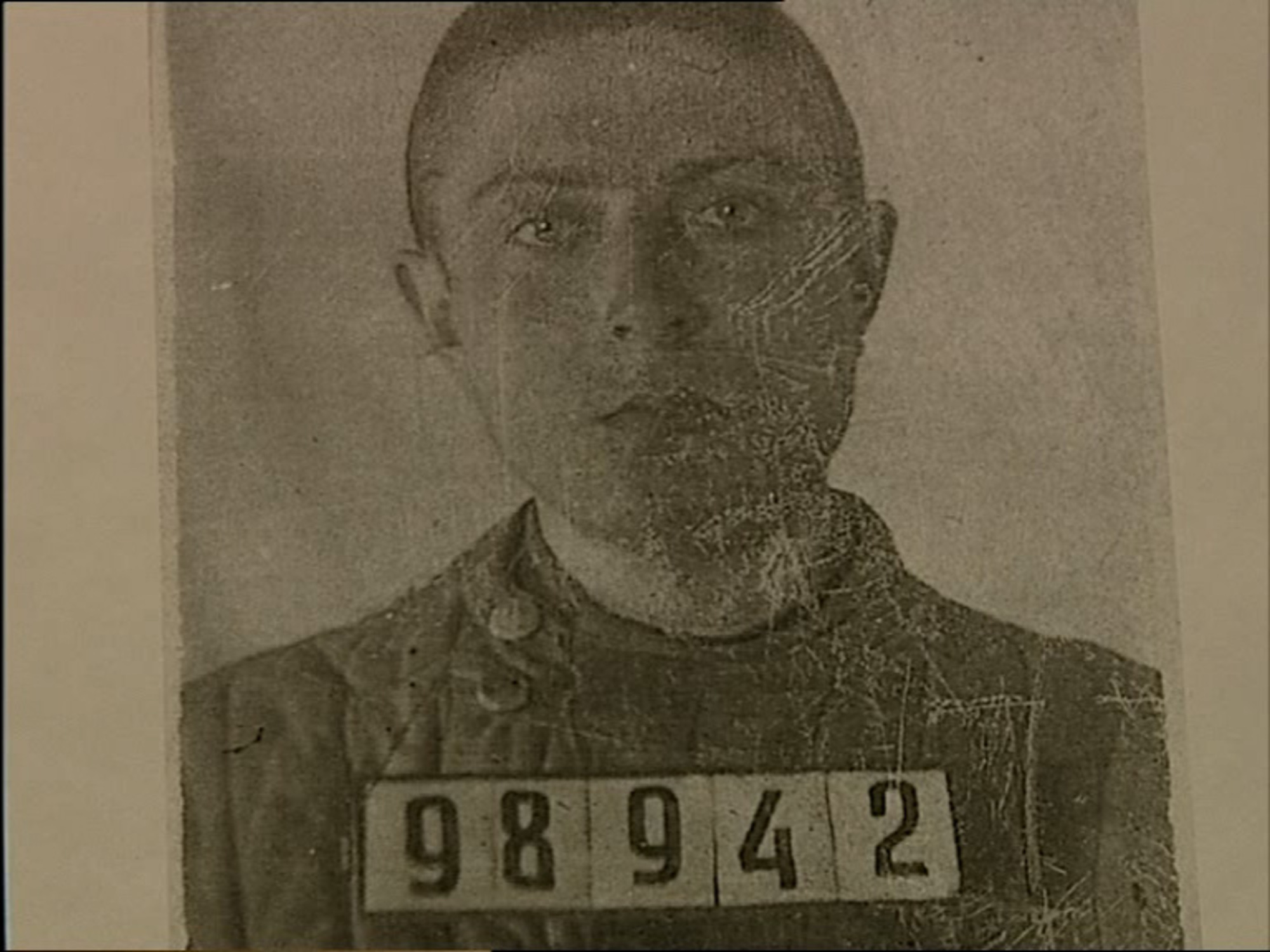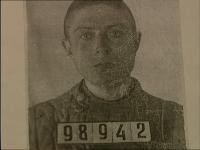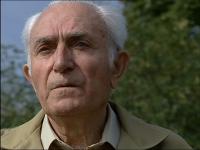In German concentration camps people were condemned to rapid death: to gas and the furnace. We were condemned to slow death, through total exhaustion
Ján Košút was born in 1926 in the Central Slovakia. Greater part of his life he lived in Bratislava. Long 9 years he spent in the Gulag labour camps in the outlying areas of the Soviet Union, today‘s Russia. Russians accused him of serving in the Slovak military - although this service was compulsory. Subsequently he was abducted to the labour camps: OLP 33 NKVD, Jagrinlag, and Ozerlag from 1945 until 1953. He died on July 19, 2013.


